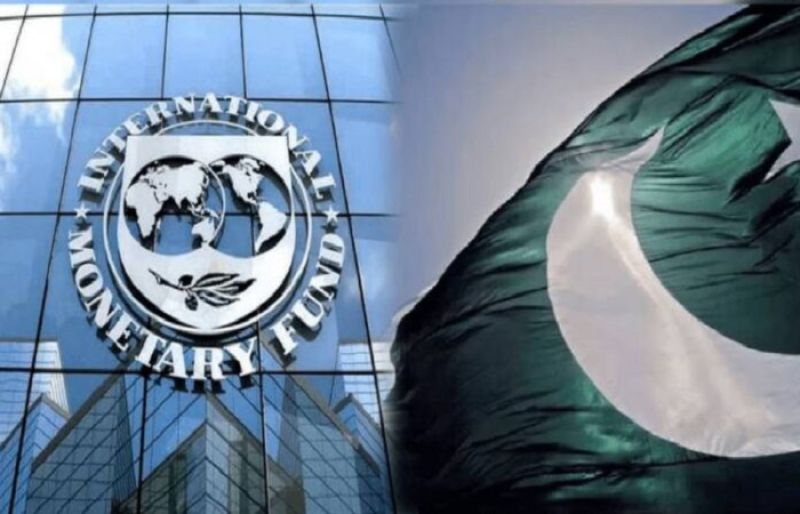The International Monetary Fund (IMF) pressed Pakistan to expedite the privatization of state-owned enterprises as part of ongoing budget negotiations for the 2025-26 fiscal year.
According to sources, the discussions, now in their final phase, focused on privatization and rightsizing strategies to align with the IMF’s $7 billion loan program conditions, aiming to reduce the fiscal burden of loss-making entities and boost private sector investment.
Pakistan assured the IMF that the rightsizing of state institutions will be completed by December 2025. A key priority is the privatization of Pakistan International Airlines (PIA), with obstacles such as tax liabilities and negative equity resolved to attract investors, and the process expected to conclude within 2025.
The lifting of the European Union’s ban on PIA flights was also highlighted as a positive step. The government has appointed a financial advisor to privatize electricity distribution companies, targeting the completion of Islamabad, Faisalabad, and Gujranwala Electric Supply Companies by December 2025, with Hyderabad, Sukkur, and Peshawar companies slated for the second phase.
The privatization of Nandipur Power Plant is scheduled for January 2026, while work on the transaction structure for the sale of the PIA-owned Roosevelt Hotel in New York is ongoing. Progress was also reported in privatizing First Women Bank and the House Building Finance Corporation (HBFC).
On the other hand, Prime Minister (PM) Shehbaz Sharif is making efforts to convince the International Monetary Fund (IMF) to allow a reduction in the Federal Board of Revenue’s (FBR) tax target for FY2025-26.
According to details, the premier proposed a Rs250 billion cut in FBR’s tax collection target for the next budget. Efforts are underway to persuade the IMF to accept this revision.
Sources revealed that FBR formally requested to lower its tax target from Rs14,307 billion to Rs14,057 billion.
The rationale behind the proposal is to avoid imposing new taxes while mitigating the risk of revenue shortfalls that could arise from an overly ambitious target.
In a briefing to the IMF, FBR officials explained that due to lower-than-expected economic growth and a declining inflation rate, the current fiscal year may witness a shortfall of around Rs1,170 billion.



